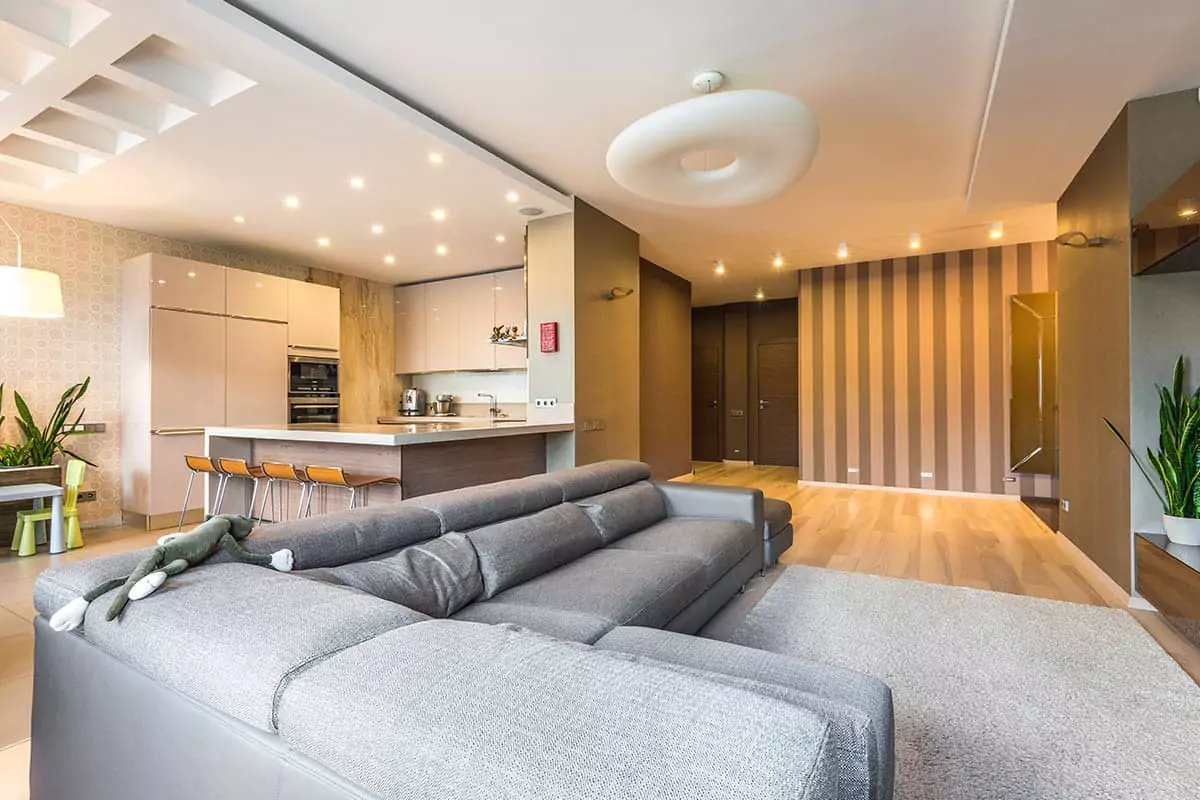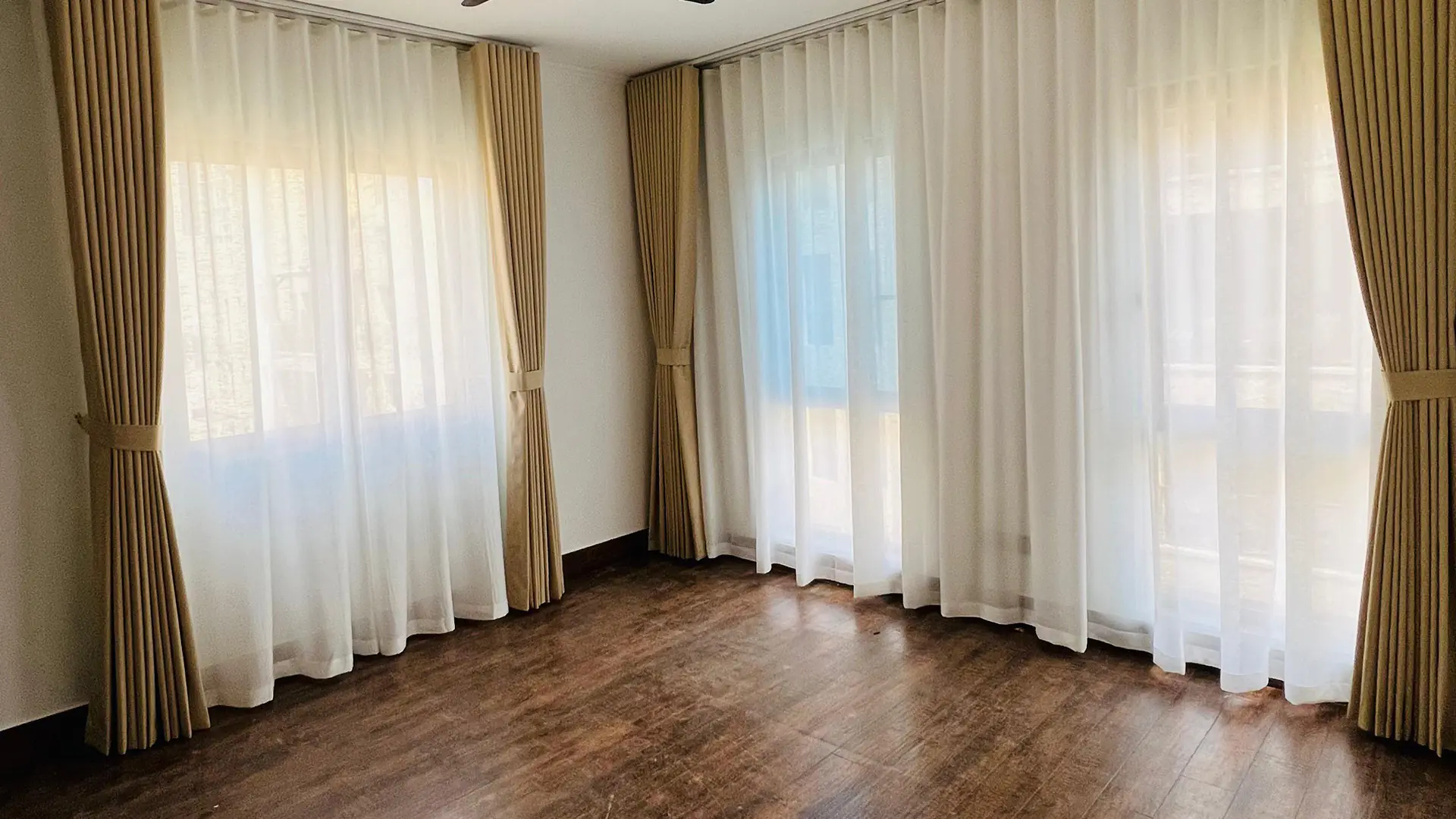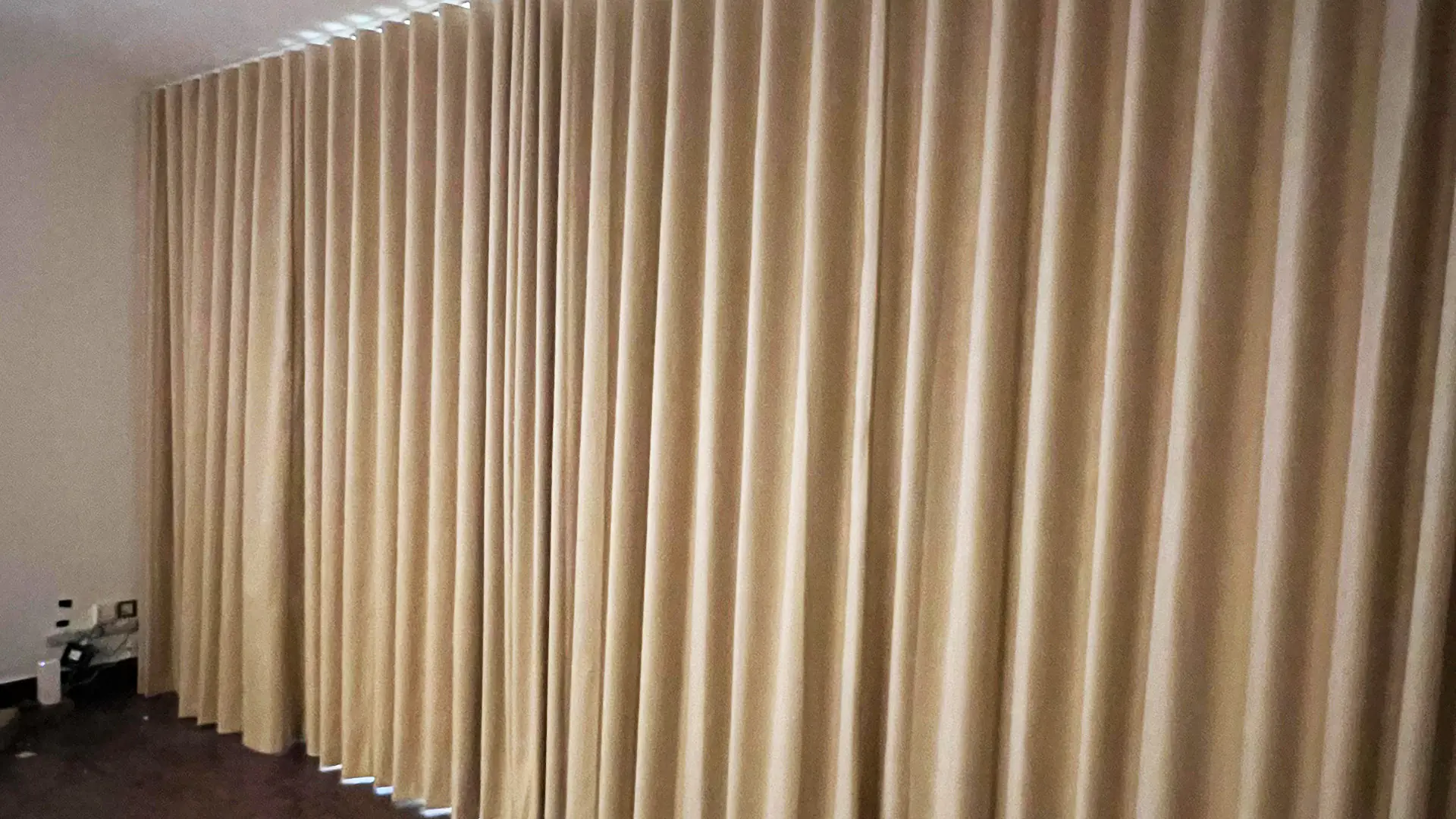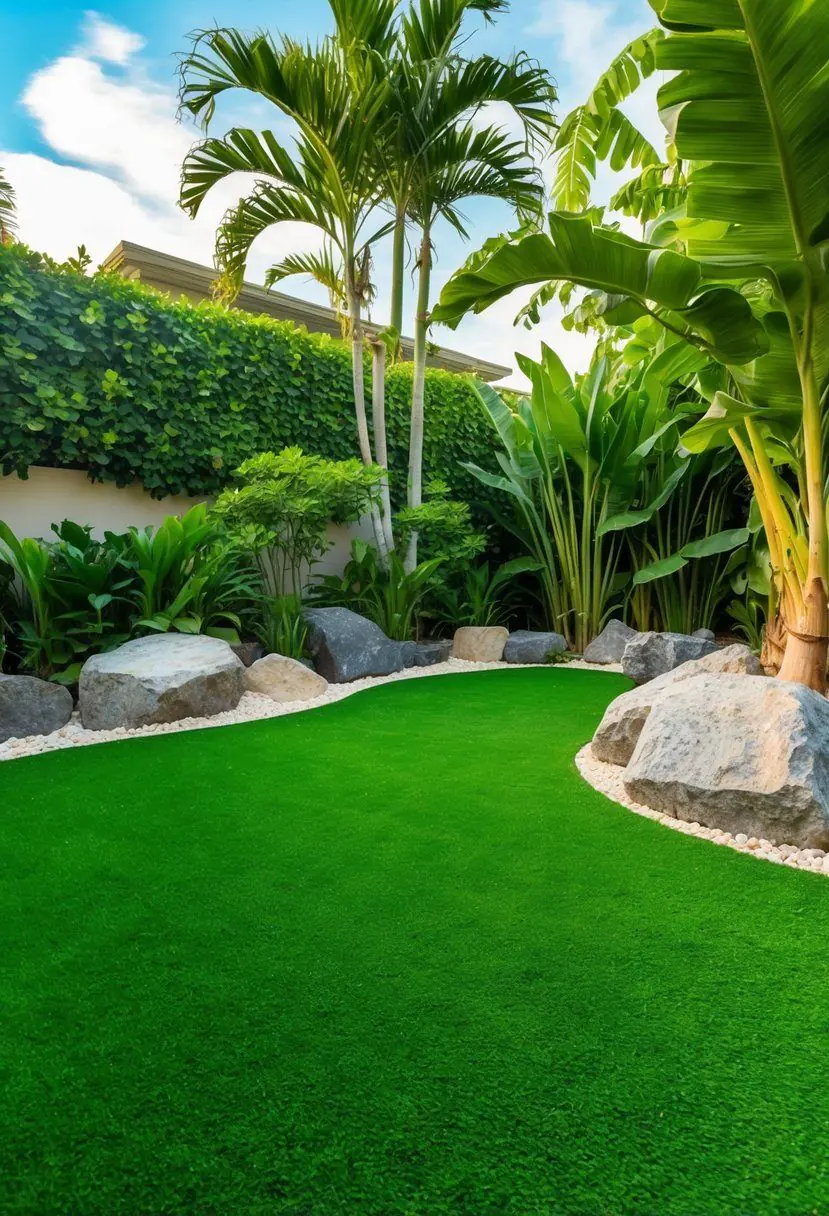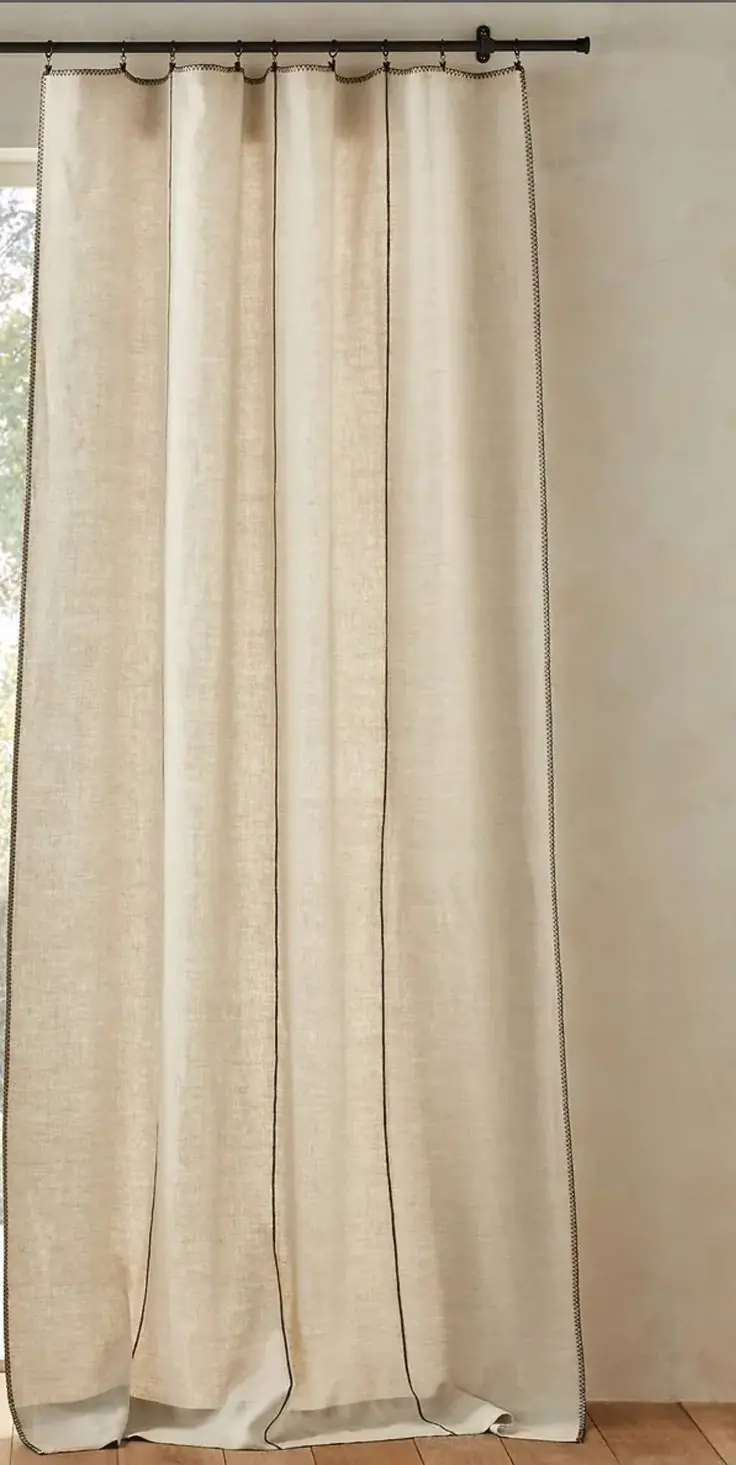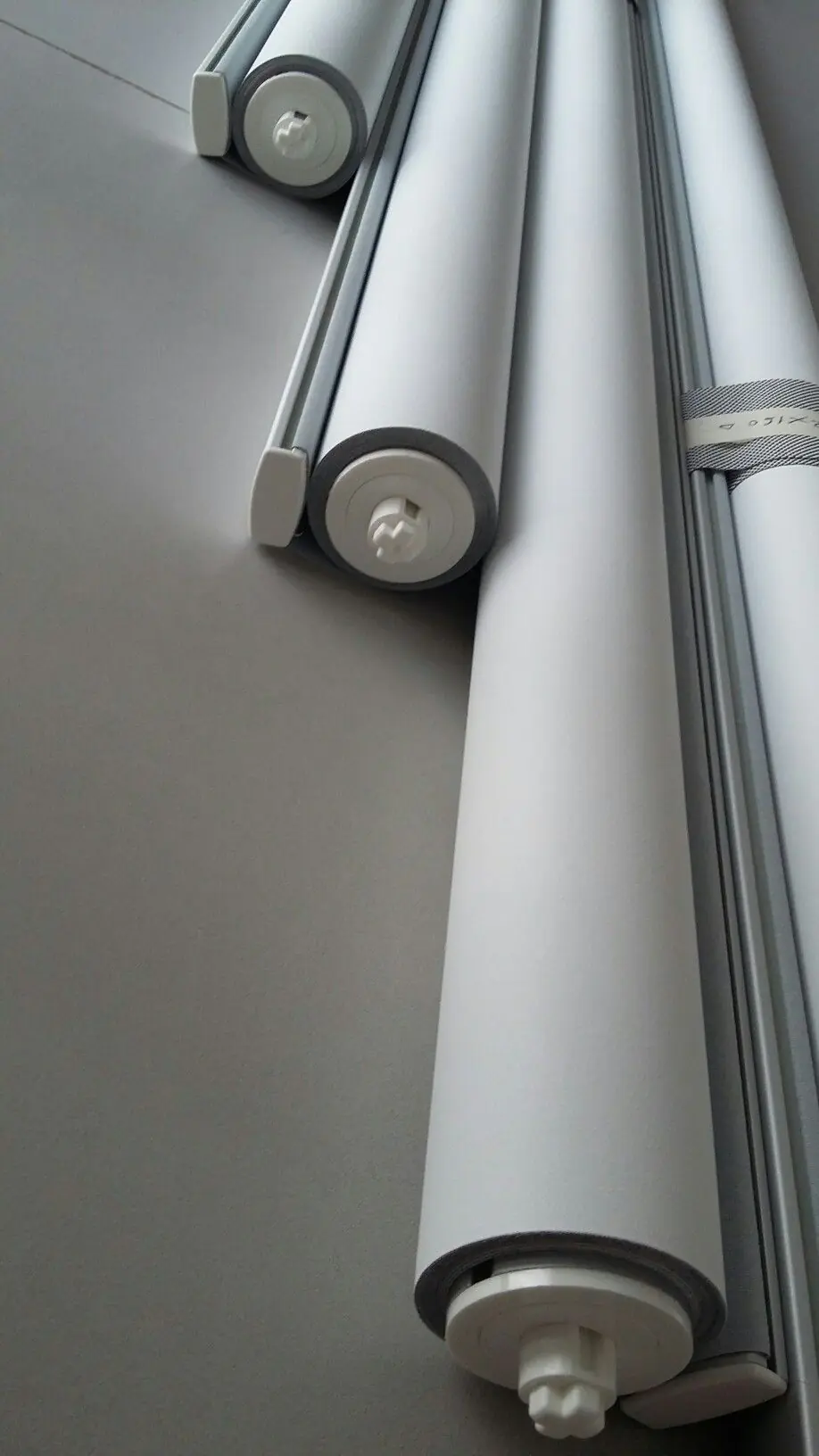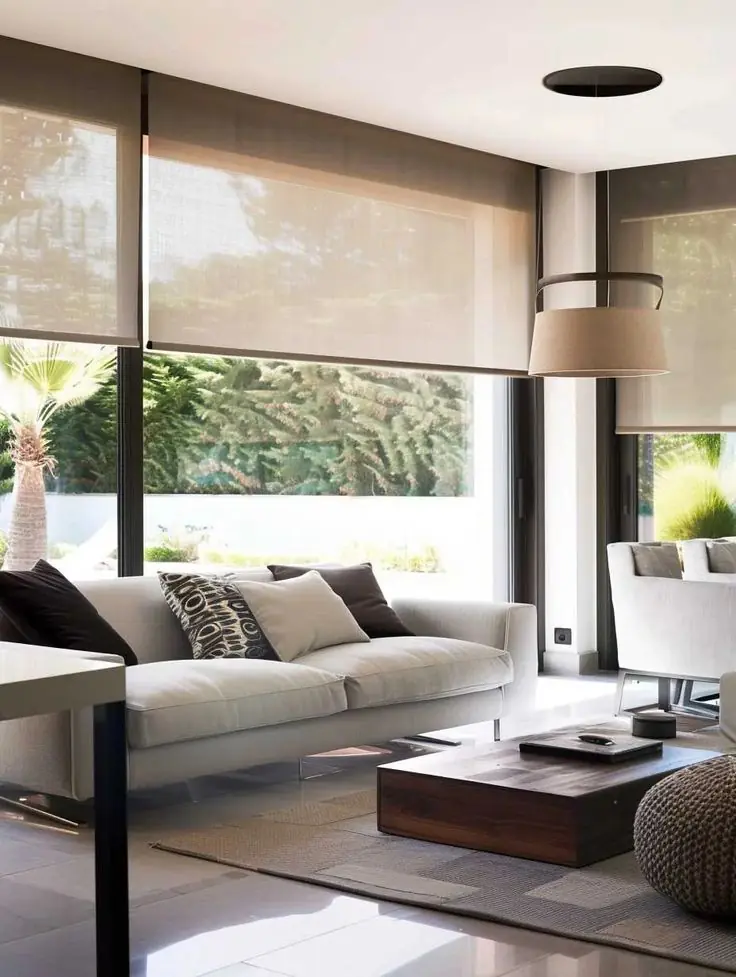Picking the right curtains fabric changes light, privacy, and the feel of every room. This guide covers all type of fabrics with titles, usage, pros and cons, care tips, and a quick comparison table. It also answers common search queries for fabric for curtains and upholstery, with notes for international homes and the UAE.
- Top queries to answer
- Curtain fabric material, quick guide
- All type of fabrics, uses and notes
- Variety of curtains, what works where
- Curtain material types by room
- Curtains fabric, buyer notes
- Curtain fabric curtain material types, quick checklist
- Pros and cons, quick scan
- Simple comparison table
- Care tips that keep curtains fresh
- Real room examples in the UAE
- For Dubai homeowners, facility managers, and architects
Top queries to answer
- Which curtains fabric blocks heat and glare without making rooms dark
- What curtain fabric material is best for rentals and kids rooms
- Can upholstery cloth work as curtains fabric
- What curtain material types drape best for a luxury look
- How to clean different curtain fabric curtain material types safely
Curtain fabric material, quick guide
The term curtain fabric material covers natural fibers, synthetics, blends, and technical weaves. Start with function, then pick weight and weave. Sheers soften light, medium weights balance privacy, lined panels add control. For sun heavy rooms, add separate lining. Measure in metric units and aim for 1.8x to 2.2x track width for a rich fall.
All type of fabrics, uses and notes
Cotton
Soft hand, breathable, easy care. Good for living rooms and studies. Pair with dimout lining for privacy. Typical weight 140 to 220 gsm. Wash on gentle and warm iron.
Linen
Airy texture with natural slub. Great in calm, modern spaces. Expect graceful creasing, which adds character. Add cotton sateen or dimout lining to improve hang and reduce glare.
Polyester
Durable, low wrinkle, wide palette. Works in rentals and family homes. Choose higher gsm for better drape. Many options include recycled content.
Velvet
Dense pile that softens sound and darkens rooms. Perfect for bedrooms and media corners. Needs stronger tracks and careful steaming from the back.
Silk and faux silk
Elegant sheen and fluid drape. Always interline to protect from sun. Faux silk keeps the look with better stability in bright climates.
Sheer and voile
Filters light while keeping views. Layer with dimout or blackout for day night control. Ideal for large sliders and open plan spaces.
Blackout and dimout
Coated or woven backs that block light. Best for bedrooms and nurseries. Choose neutral linings for a clean street side look.
Jacquard and chenille
Pattern woven into the cloth, not printed. Adds depth in classic rooms. Pair with plains to avoid visual noise.
Blends and performance finishes
Cotton polyester blends balance breathability and stability. Stain resistant finishes help in busy homes. Always test a sample for feel.
Variety of curtains, what works where
The variety of curtains spans sheers, dimouts, blackouts, and decorative faces. Use sheers for daytime softness, add dimout for glare control, add blackout for full dark. In living areas, a double track with sheers and lined panels gives the most flexibility.
Curtain material types by room
When you plan curtain material types room by room, think task first, then mood.
- Living rooms, linen blend or cotton with dimout lining, wave heading for smooth folds
- Bedrooms, velvet or lined polyester blackout, pinch pleat or wave for a calm look
- Kids rooms, durable polyester dimout, easy clean finish
- Home office, cotton or blended dimout that reduces screen glare
- Dining, linen blend or jacquard for gentle texture, light lining
Curtains fabric, buyer notes
If you search for curtains fabric online, check gsm, weave, and whether a lining is included. Ask about shrinkage allowance, seam style, and fullness ratio. In the UAE, compare quotes in AED per metre and confirm whether tracks, rings, and installation are included.
Curtain fabric curtain material types, quick checklist
Use this phrase to guide a full spec, curtain fabric curtain material types. Confirm fiber, weave, gsm, repeat, intended heading, lining type, track type, and drop length in centimetres. Keep samples under window light to judge real color.
Pros and cons, quick scan
Cotton
Pros, breathable, easy to press, friendly price
Cons, needs lining for light control, can fade in strong sun
Linen
Pros, airy texture, premium look
Cons, creases, needs lining for structure
Polyester
Pros, durable, low wrinkle, broad colors
Cons, lower breathability on some weaves, watch for shine
Velvet
Pros, great darkening, acoustic comfort
Cons, heavy, needs strong tracks
Silk or faux silk
Pros, elegant sheen, beautiful drape
Cons, sun sensitive, always interline
According to the U.S. Department of Energy, energy-efficient window coverings help reduce heat gain in summer and heat loss in winter, making fabric choice and lining even more important for homes in bright climates like Dubai and Abu Dhabi.
Simple comparison table
| Fabric | Look and feel | Light control | Typical gsm | Best rooms |
|---|---|---|---|---|
| Cotton | Soft, casual | Low to medium with lining | 140 to 220 | Living, kids, studies |
| Linen | Natural, airy | Low to medium with lining | 180 to 260 | Living, dining |
| Polyester | Smooth, stable | Medium to high with dimout | 160 to 280 | Rentals, family rooms |
| Velvet | Plush, dense | High, great for sound | 300 to 450 | Bedrooms, media |
| Blackout | Coated or woven back | Very high | 240 to 350 | Bedrooms, nurseries |
Care tips that keep curtains fresh
Vacuum with a soft brush every few weeks, steam from the back to remove creases, spot clean early, follow care labels, rotate panels twice a year so edges age evenly, and keep delicate fibers out of strong midday sun.
Real room examples in the UAE
A Marina apartment used sheer voiles on a front track, plus dimout on the back track for evening privacy. A Meydan villa living room picked linen blend in warm sand, dimout lined to cut afternoon glare. A JLT bedroom chose velvet panels at 2.2x fullness to hush traffic noise. An Abu Dhabi nursery used blackout with a cotton face, gentle naps in the day, full dark at night.
For Dubai homeowners, facility managers, and architects
Bright sun, heat, and dust shape choices across Dubai and Abu Dhabi. Prioritise lined builds and UV stable dyes, specify ceiling tracks for wide spans, and confirm stack space near sliders. Quote in AED, include track type, heading, and install. For large glass walls, two layer systems give the best control and energy comfort.
Frequently Asked Questions (FAQs)
Explore the finest interiors in the UAE market. Step inside stunning spaces. browse now!
